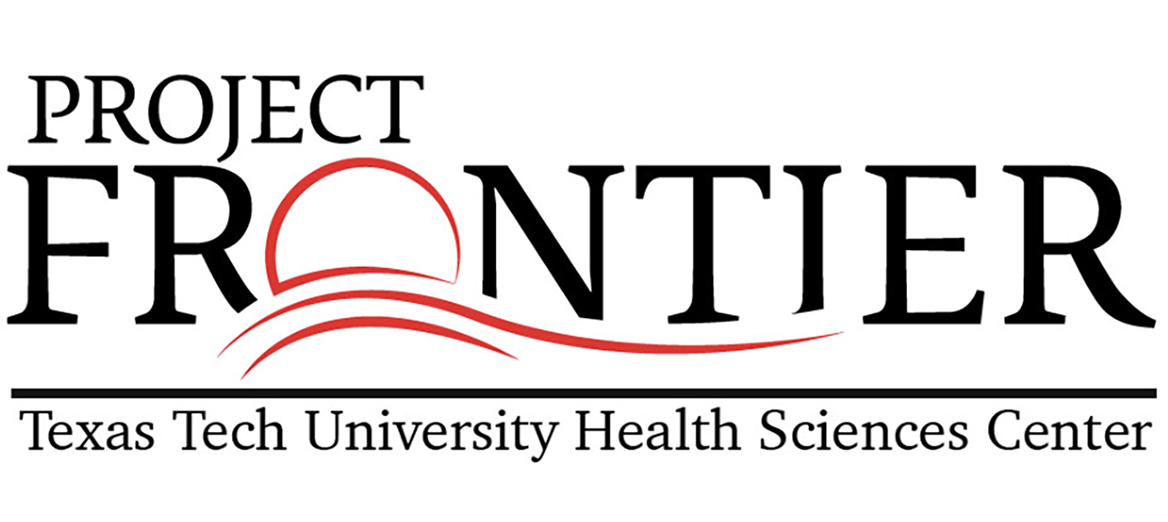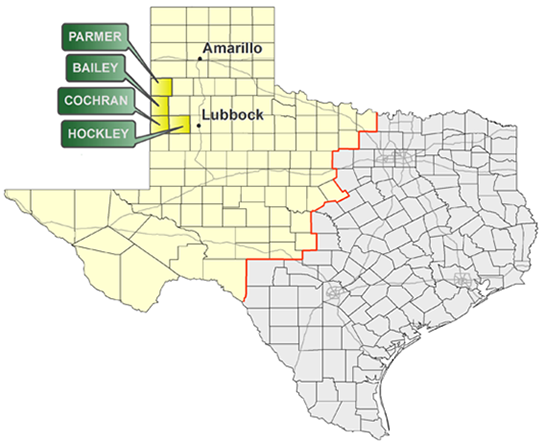Project FRONTIER

History
Initiated in 2006 as the Cochran County Aging Study, Project FRONTIER (Facing Rural Obstacles to Healthcare Now Through Intervention, Education & Research) is an epidemiological study to explore the natural course of chronic disease development and its impact on longitudinal cognitive, physical, social and interpersonal functioning in a multi-ethnic adult sample from rural communities of West Texas. Information from this study can then be used to develop programs for effective disease management, preservation of cognitive functioning throughout the lifespan and improvement of the overall health of individuals living in rural West Texas. Currently Project FRONTIER is collecting data from Cochran, Bailey, Parmer and Hockley counties. Since its beginning, the data from the Cochran County Aging Study and Project FRONTIER have been analyzed by over eighty researchers affiliated with thirteen different institutions. This has resulted in numerous publications in peer-reviewed journals and presentations at national, regional and university scientific meetings.
What is Project FRONTIER?
PROJECT FRONTIER conducts rural-based research looking at the health conditions of adults and elders living in rural communities in West Texas. Study participants are followed over time to test for changes in physical, mental and cognitive health, and the factors that may influence those changes. There are currently over 2,000 data points collected from each participant, who are recontacted every three years in order to track their changes.

Who can participate?
Any person who is 40 or above and lives in one of the participating counties is eligible to participate. Project FRONTIER is currently running participants in Cochran, Parmer, Bailey and Hockley counties.
What do participants have to do, and what do they get out of it?
The Project FRONTIER protocol consists of 4 parts: medical exam, blood draw, interview and cognitive testing. The entire protocol takes around 3-4 hours to complete. All participants receive a reimbursement for their time and are mailed a feedback letter and copy of their clinical lab results, and have the opportunity to designate a health care provider to receive the results as well.
Got Questions?
We're here to help. Contact us if you have questions.
Veronica Molinar-Lopez
806.743.7821
veronica.molinar-lopez@ttuhsc.edu


